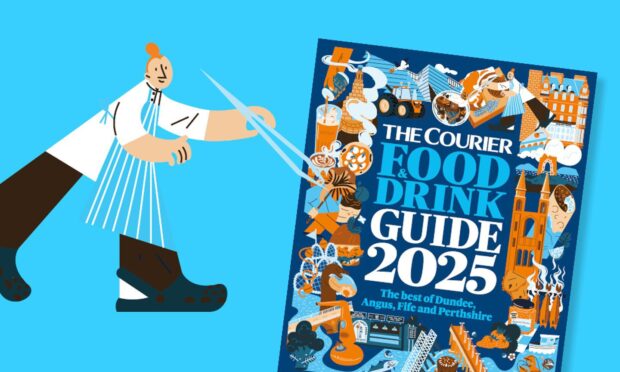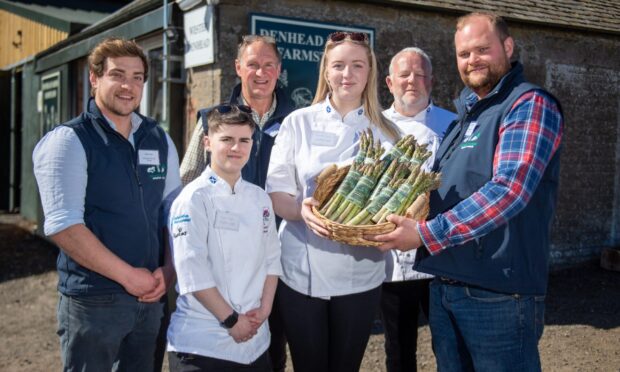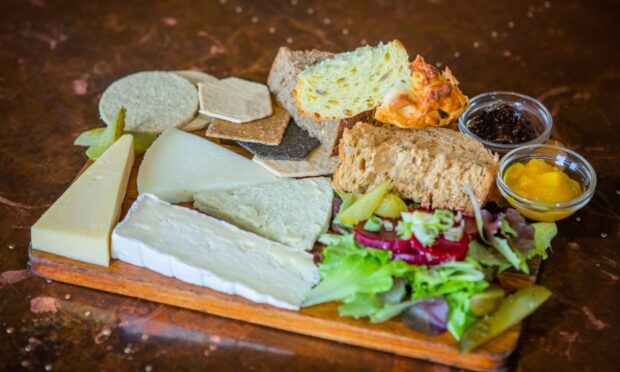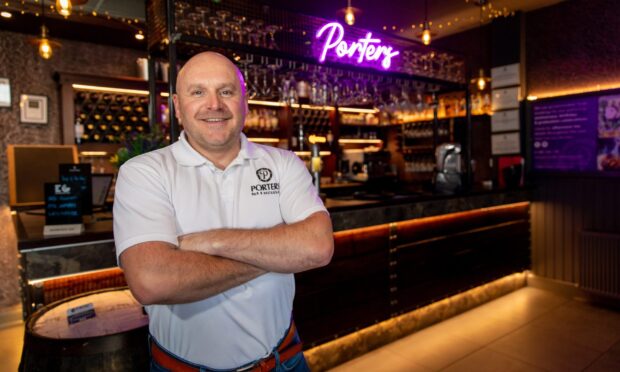For all the current mushroom growth of new distilleries is a welcome boon after the 1980s-90s when so many distilleries closed, I worry that many of the new ones will struggle long-term to survive.
It is not that their whiskies are dud—quite the contrary, many may prove excellent once they reach maturity in the years ahead—but they face steep competition from other newcomers and, above all, from the innumerable established whiskies, both malts and blends.
The operators of a new distillery, or their lenders, need deep pockets to wait the three—and possibly many more—years until they can sell their whisky and, even then, it may take even more years until their whisky starts to win the acclaim, and sales, that will pay back the big initial investment and the long wait until the whisky can be sold.
True, some distilleries have produced gin, vodka and other spirits that can be marketed and sold once distilled, but the minimum three-year wait to sell whisky as whisky can be a proverbial albatross around a young distillery’s neck.
I recall speaking some years ago to a big name in the independent whisky sector, whose firm was rumoured to be planning their own distillery, and he told me the project was not going ahead. There was too much new competition—and that competition has increased many-fold since then.
His other worry was distribution: a small firm cannot afford to set up its own distribution system and the unit cost of distributing a case or a bottle by an established distributor is in inverse proportion to sales volume. Big sales means the unit cost comes down. Thin sales means the unit cost goes up.
The same rule applies to bottling and packaging. Bottling on a 200-bottles-a-minute assembly line costs buttons per bottle, but on a one-bottle-at-a-time hand-operated line, it’s costly.
Crucial to a whisky’s long-term success is getting into export markets and the ongoing Brexit shambles is not helping anyone, whether Diageo or newly-founded Glen Gargle. But at least the Diageos of this world have established global distribution networks, goodwill and cashflow which should help them weather Brexit. Sadly, Brexit will prove one more hurdle, possibly the most daunting, for the new minnows in the industry.










